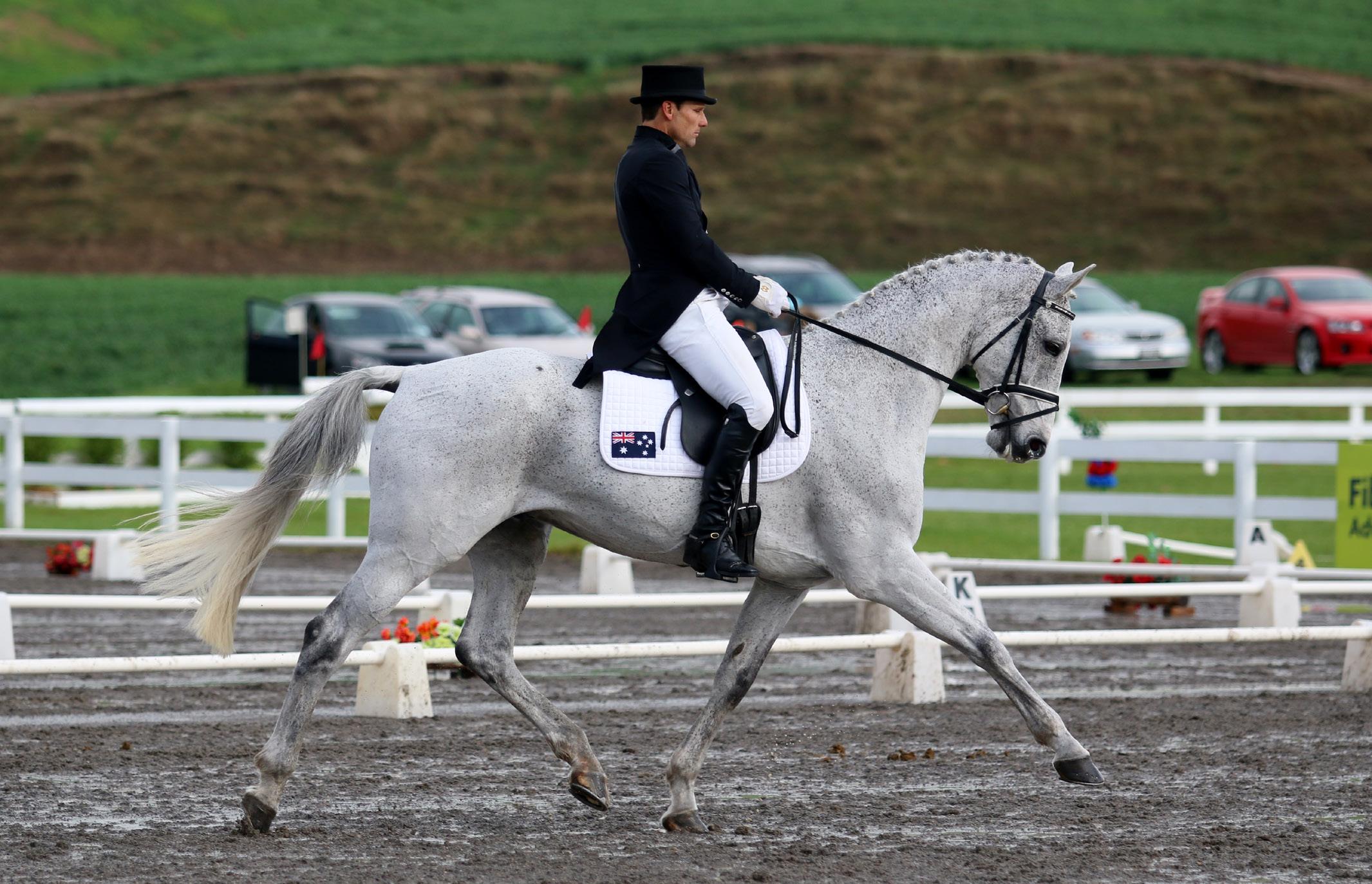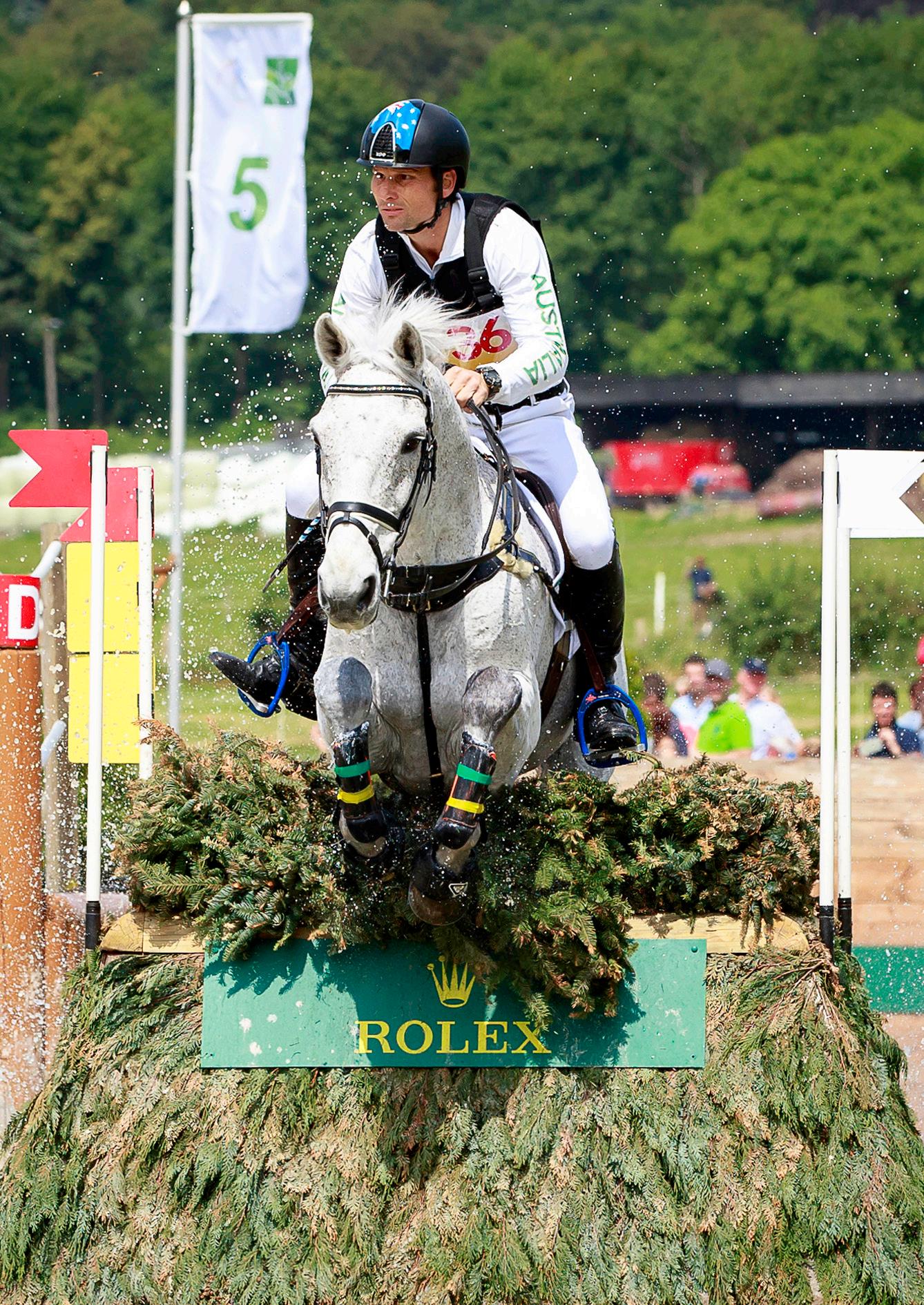
8 minute read
Feature: Shane Rose
FEATURE
Triumphs, tribulations and tenacity
Advertisement
Although life at the top may seem like an easy ride, it isn’t! CHRISTINE ARMISHAW recently chatted with Shane Rose to discover how he’s dealt with the challenges that have come his way.
Olympic eventer Shane Rose has been riding forever, or at least that’s how it appears. He says his biggest success so far is the silver medal he won at the 2008 Beijing Olympics. I ask him at what point he’d decided he wanted to go for an Olympic medal? Answering my question with a question, he asks: “well how far back do you want to go?”
By the time he left school, Shane had decided that working with horses was what he wanted to do. “I just assumed if you’re going to do something, you probably want to do it well,” he tells me. “I never really had dreams of going to the Olympics and that sort of stuff, but once I started riding horses, I just figured I’d try to do as well as I could. At some stage, it became ride for Australia, go to the Olympics, win some medals.” And so he did.
Now 47 years old, this has really become a life-long pursuit for him. “It’s taken a while,” he laughs. “I just want to be the best I can be at what it is I’m doing, which is riding horses.” At this point I reassure Shane that if my fellow
Kiwi, Olympian Mark Todd is anything to
go by, he has time! As well as the silver at Beijing, Shane also won a bronze medal at the 2016 Rio Olympics. A gold medal at the upcoming Tokyo Games is just what he needs to collect the set and, without a doubt, his eyes are on the prize. And this really is one dedicated and hardworking equestrian – during our entire conversation Shane was exercising horses, complete with the occasional cluck of encouragement, or steadying ‘whoa’.
But like all good stories, and any length of time involving horses for that matter, his journey has not been without its trials and tribulations. They have come in many forms: not just Option A (horse related), or B (health related), Shane has encountered plenty of obstacles in Option C (all of the above).
On recalling some of the challenges he’s faced with horses, Shane is realistic: “I guess there’s always lameness. No matter who you are, you’re going to have a horse that goes lame at an inopportune moment.” One of those
Shane (far left) and the Australian team on the podium at the Beijing Olympics (Image courtesy Shane Rose Eventing).

ROSE GOLD
Not all that glitters is gold? We beg to differ.
1

3 2
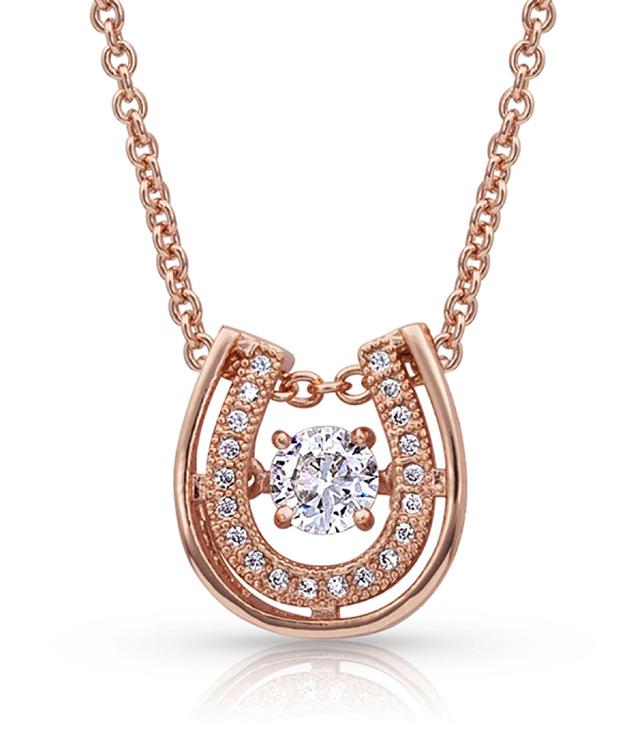
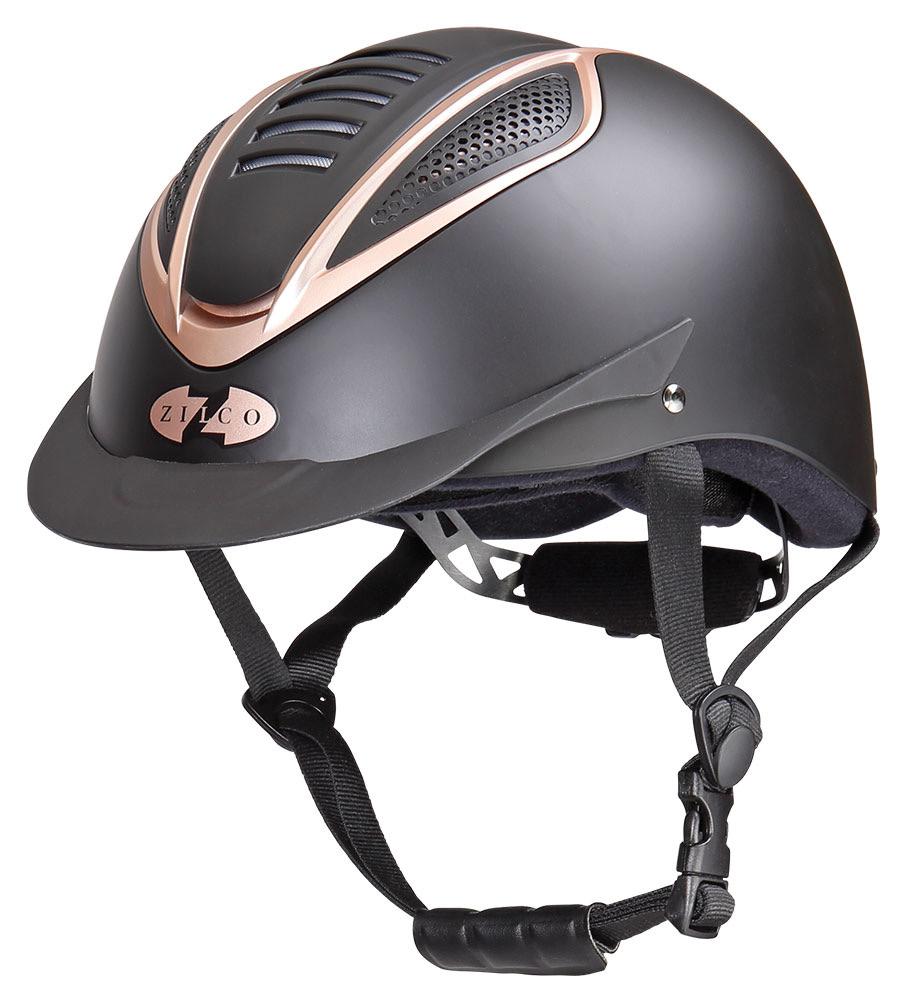

5 4
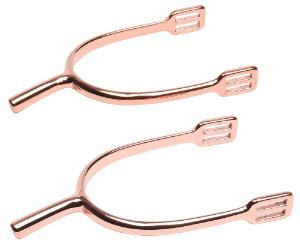
6
1. MONTANA Silversmiths Bracelet – $119.95. 2. MONTANA Silversmiths Necklace – $119.95. 3. OSCAR QUARTZ Helmet –bring some glamour into your life, featuring an extra-wide brim for a better shade over the face and eye – $129.95. 4. EQUATOR ROSE Gidgee Eyes Sunglasses – $140.00. 5. ZILCO PVD Prince of Wales Spurs – elegant spurs made from stainless steel with hard-wearing titanium plating – $44.95. 6. ZILCO PVD Knife Edge Irons – made from stainless steel with hard-wearing titanium plating with black rubber treads – $84.95. Stockist info page 110.
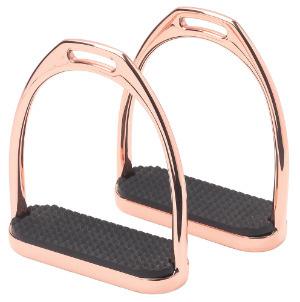
All Luck and Shane at Melbourne (Image courtesy Shane Rose Eventing).
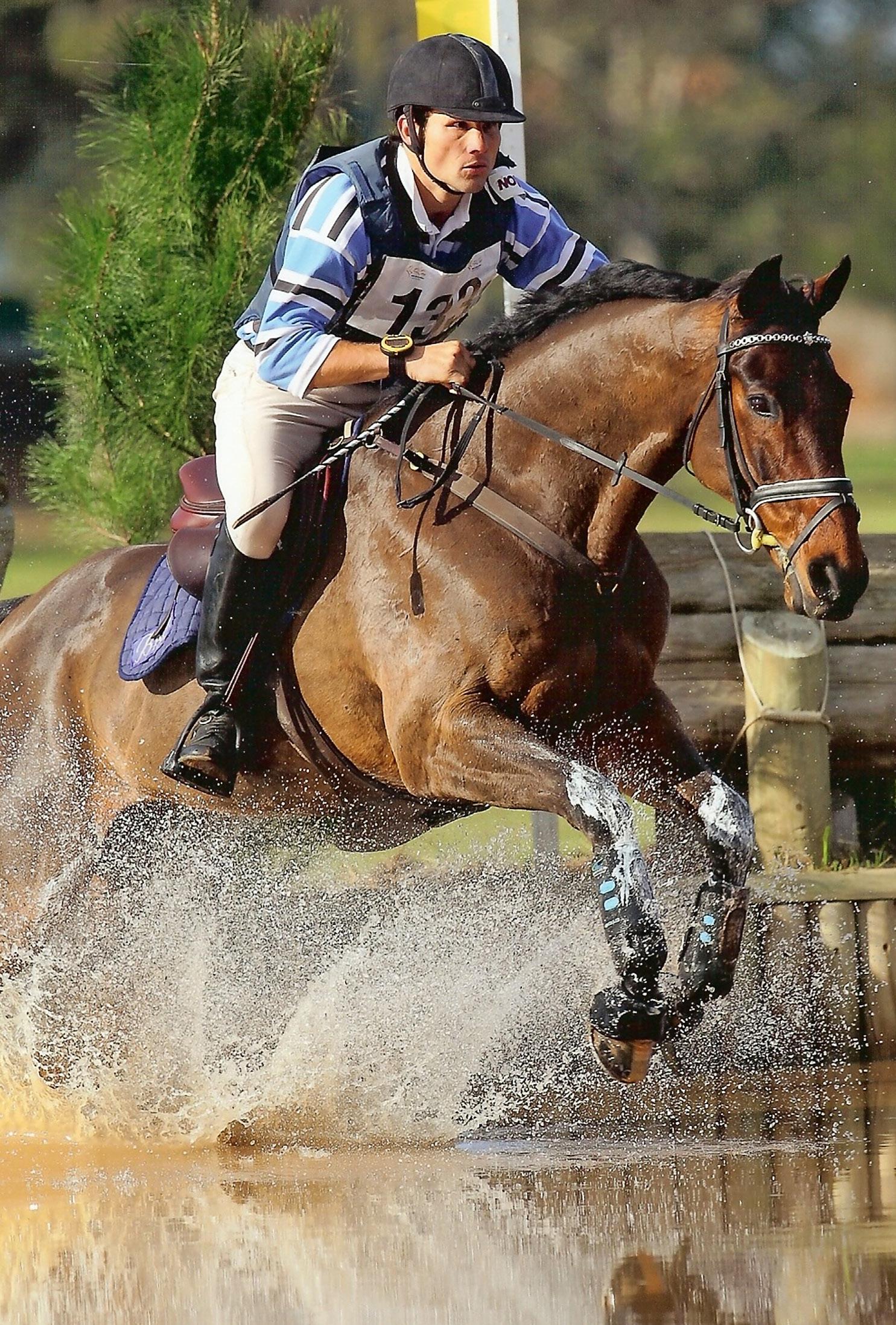
moments was at the 2012 London Olympics, when his horse became lame pretty much right as they were arriving at the Olympic village.
But Shane is not one to dwell on things, in fact, he’s quite the opposite. “We try to do everything to minimise risks, but at times you’ve got to deal with the cards you’re dealt. You carry out the best management practises you can to try and avoid things, but once it’s happened, you’ve got to put it behind you and move on, that’s the way I look at it,” he says. “I’ve had disappointments in a whole heap of different areas. You can look at it to figure out if there was something you could have done differently to make it better or not happen, but once you’ve done it, you can’t go back and change it, you can only go forward.”
Back in 2007, with everyone looking towards the 2008 Beijing Games, Equine Influenza (EI) hit Australia and messed up everyone’s Olympic preparation plans. “We were hoping to get qualified at Adelaide, but that didn’t happen because of EI, which threw a spanner in the works,” Shane recalls. He then had to try and qualify at Sydney, but an unfortunate overreach on the cross country took him and his horse from the leading position to out of the running. So, six weeks later he found himself at Werribee, where he finally qualified. “They’re massive hurdles you can’t do anything about, you’ve just got to do the best you can,” he tells me.
Even more recently, Shane had his preparations and qualifications for the 2020 Tokyo Olympics done and dusted in 2019, but the impact of COVID meant he had to do it all again.
Shane sees it all as part and parcel, simply a fact of life with horses. “I could tell you twenty stories exactly the same, but with different horses. The thing that doesn’t change is that things can go wrong. I don’t think there’s anyone at any level who could say nothing has gone wrong when they didn’t want it to,” he says.
Aside from horses and the challenges they present, Shane has also experienced a myriad of personal health hurdles. He throws a few out: “Things like cancer, breaking legs and ribs, getting golden staph, things like that.” In 2001, Shane had thyroid cancer. He talks about it in the same matter of fact way he does when discussing equine roadblocks. “I was reasonably lucky with that. I had two or three doses of radioactive iodine treatment. I couldn’t
change that, it was something that happened. I went to the doctor, they fixed it, then I looked at moving forward. It was nasty enough, I had to have time off, but you’ve just got to basically do the time, get better and carry on.” The man’s resilience is extraordinary.
I asked Shane if there has ever been a time when he felt so unmotivated he no longer wanted to event. He pauses for thought: “Not really. I think there might have been a couple of weeks after an Olympics once where I was a bit down on myself, and then I started riding a good horse and thought, you know, carry on. Whenever you’ve got good horses to ride, it’s a much easier decision,” he adds. We get to talking about the mental game and Shane explains how to him, eventing is more about competing against yourself than against other competitors. “It’s not like tennis, where I’ve got the mental edge over you because you’re having an off-day. We compete against the judges, the cross country course and the show jump course. If you’ve got demons within yourself or your horse, then you’re going to battle much harder than if you’ve got problems with your competitors.”
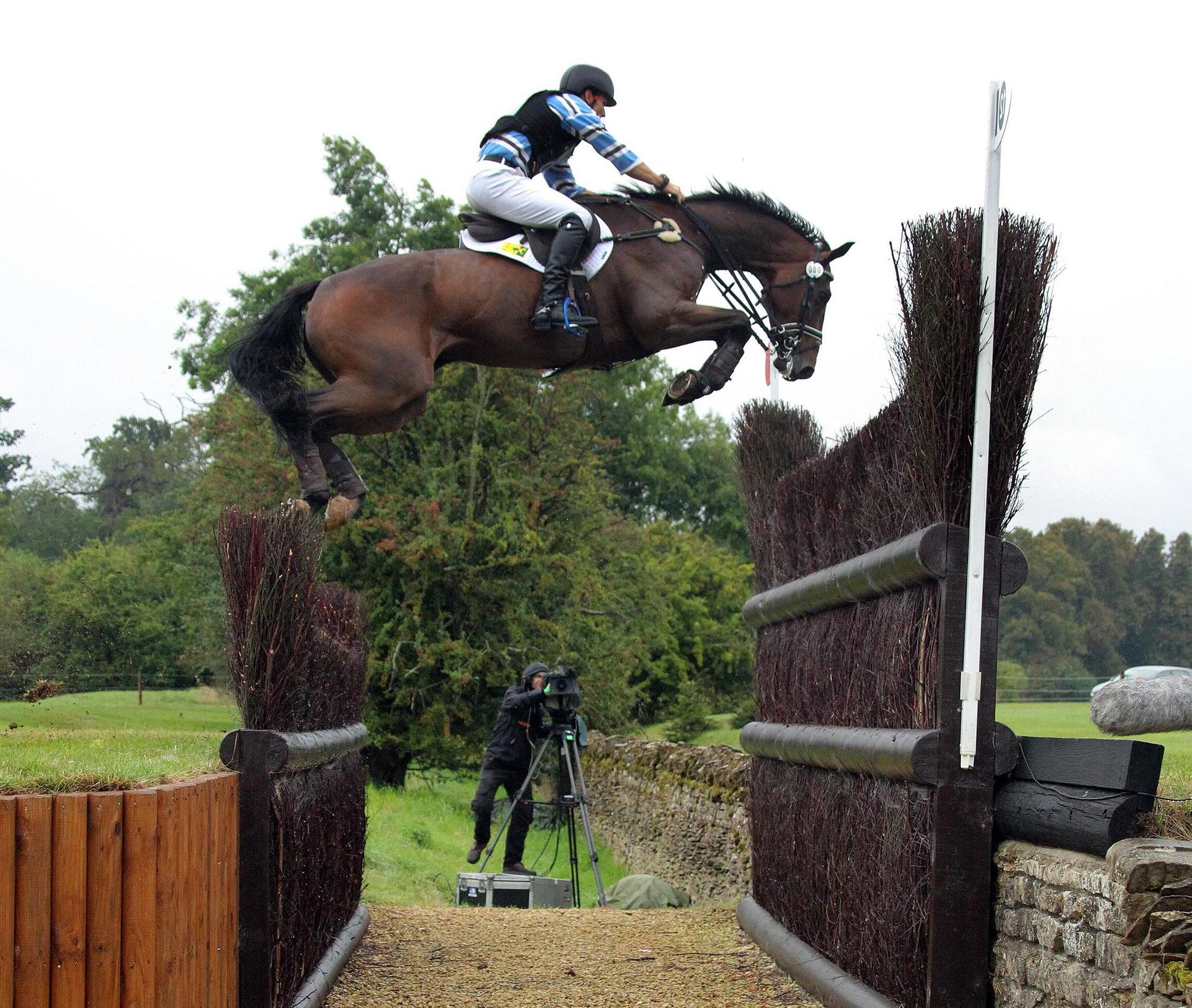
And he has more thoughts on the subject: “When I’m warming up, I’m not warming up against my competitor, I’m warming up for the dressage judges. In cross country, it doesn’t really matter if somebody else has gone clear, all I can then do is go clear myself. For me, it’s about being able to perform to the best of my ability at any given time, from a world championships or Olympic Games, to the local Pony Club down the road.”
After hearing all of this, I have a question: does Shane feel nervous when he competes? He laughs: “Yes, I get nervous going to touch football, I’m very competitive! I’m not nervous about getting hurt or anything. It’s more about the desire to win when I’m thinking about it beforehand. I think everyone
ABOVE: Flying over the ditch with Virgil at the 2016 Burghley 5* (Image by Julia Shearwood Photography).
who is competitive will want to do well. It’s that fear of failure that makes you want to make sure your performance is the best it can be.” However, he doesn’t feel butterflies in his stomach at the
cross country start box, a sensation many eventers know all too well. “Once I’m on
my horse, I know what I’m doing. And then, no, I’m absolutely not nervous, I’m there focusing on what I’ve got to do.”
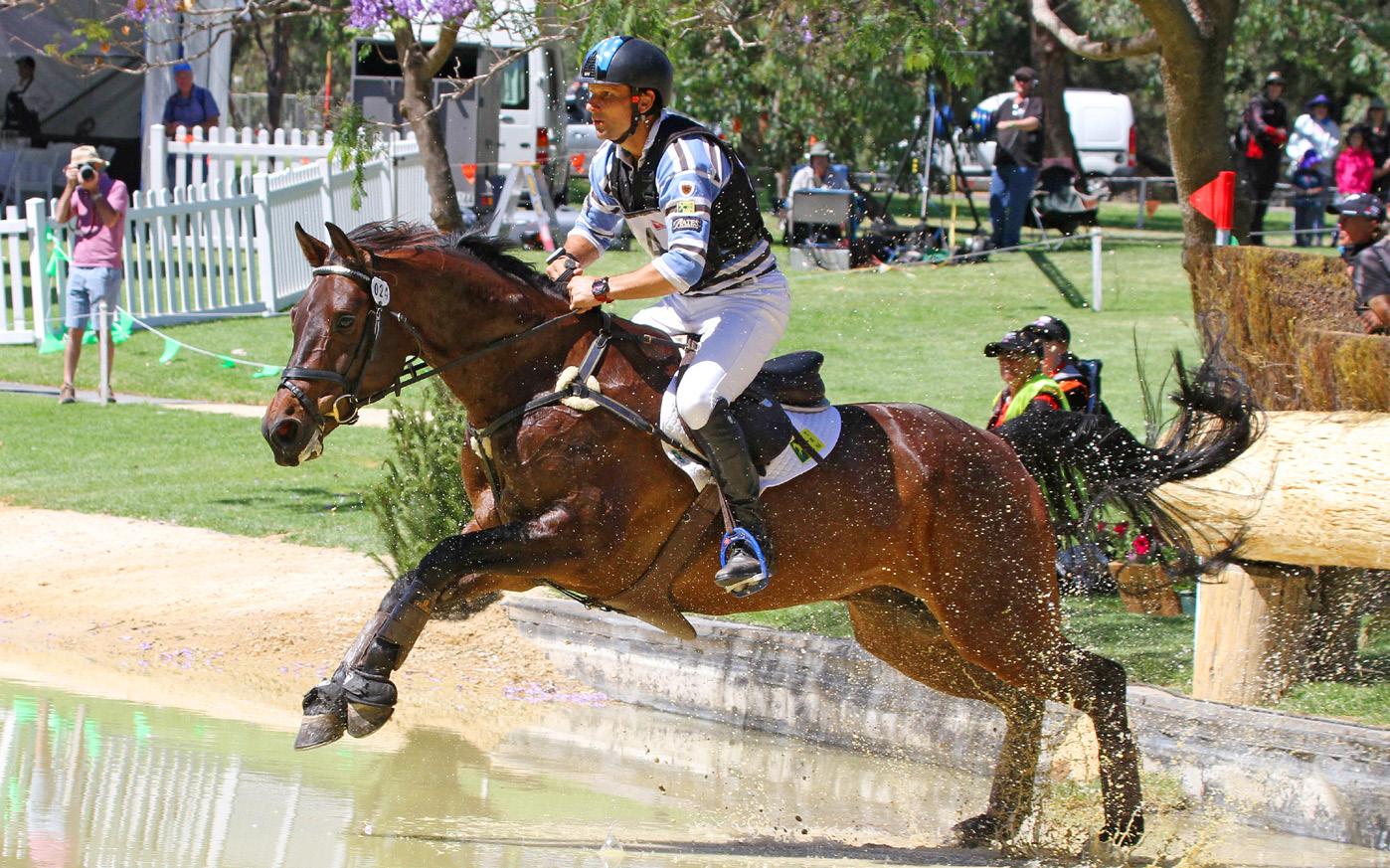
In line with the adage that what you focus on is what you get, Shane believes the difference between more successful riders and the ones who are not so successful is this: “You need to be able to switch on and off. Once you get on the horse and you’re preparing or competing, then you’ve got to be focusing on your job and what you do to make yourself successful, not being worried about being nervous, or ‘what happens if’.” Shane says his job is to ride. For dressage, it’s about preparation and execution. Cross country and jumping is about making sure he’s got the right balance, speed or line, because if everything is set up correctly, then there’s less chance of things going wrong. “It’s all the small things, put together, that make you successful,” he concludes.
Shane and CP Qualified competing in Taupo (Image courtesy Bimbadeen Park). ABOVE: Shane with Easy Turn at the Adelaide CCI2* (Image by Jenny Barnes).
